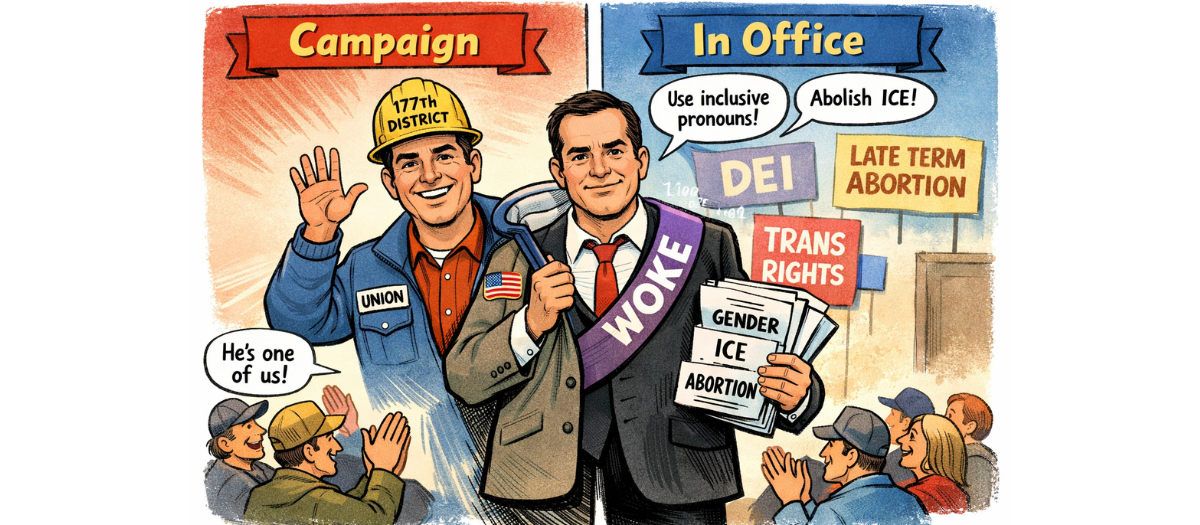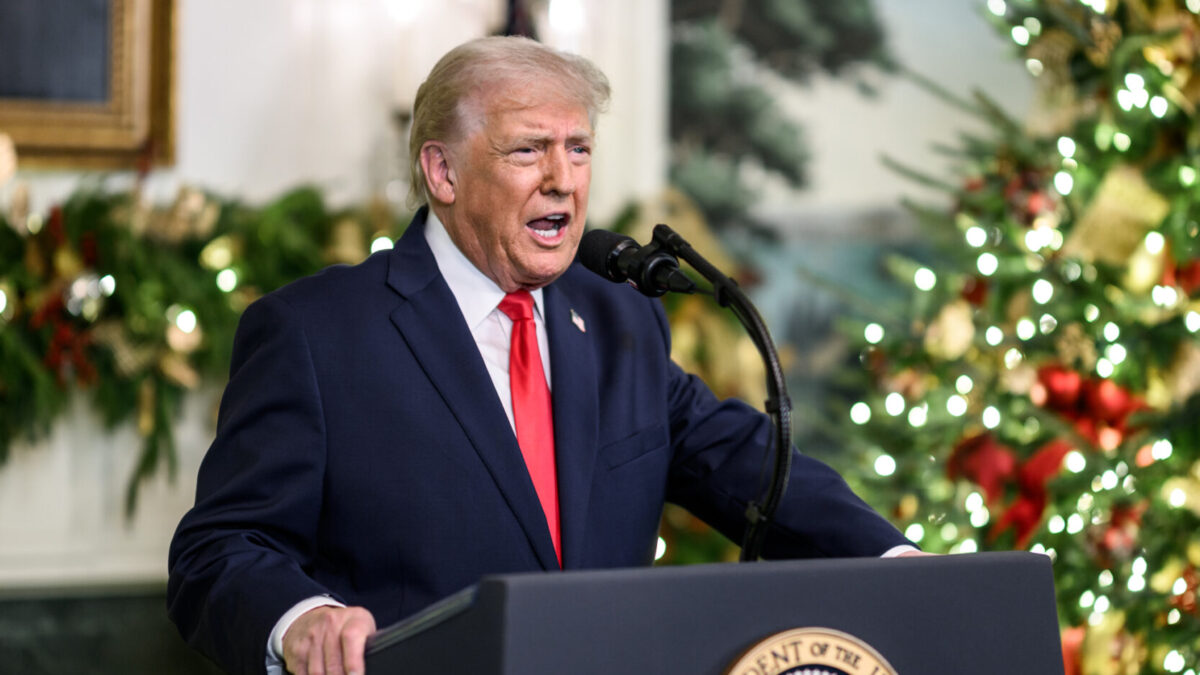What would happen if Fetterman’s health would cause him to resign from the U.S. Senate?
The recent fall by Pennsylvania’s U.S. Sen. John Fetterman has once again raised concerns about his overall health.
Fetterman fell to the ground last Thursday after what his office described as a “ventricular fibrillation flare-up” or a type of irregular heartbeat. He felt lightheaded during a walk near his home in Braddock, fell to the ground and hit his face.
According to cardiologists, the heart health condition that caused the fall could have been deadly if it was not immediately treated. And thanks to an implant of a pacemaker following his 2022 stroke, his life was likely saved.
Ventricular fibrillation is an emergency that requires immediate medical attention. During ventricular fibrillation, the lower heart chambers contract in a very rapid and uncoordinated manner. As a result, the heart doesn’t pump blood to the rest of the body. It’s the most frequent cause of sudden cardiac death.
And according to the Mayo Clinic, the risk of other long-term complications depends on how fast treatment is received.
If the 56-year-old’s health would take another turn south, would Fetterman consider resigning his seat in the U.S. Senate? And if he did, what would happen next?
Article I, Section 3, clause 2 of the Constitution originally vested the power of appointment to fill Senate vacancies exclusively with the state governors when the legislatures were in recess, with the state legislatures authorized to elect replacements to serve the balance of the term at their next session. The 17th Amendment, ratified in 1913, provided for direct election of Senators and directed governors to issue writs of election to fill vacancies. It also authorized state legislatures to empower governors to make temporary appointments until successors can be elected. At present, 45 states authorize their governors to appoint a Senator to fill a vacancy until a replacement is elected. Five states – Kentucky, North Dakota, Oregon, Rhode Island, and Wisconsin – provide that Senate vacancies may be filled only by election.
Pennsylvania is one of 34 states that authorizes its governor to select a Senator who holds the seat until the next regularly scheduled election. While Commonwealth law says that a governor can call for a special election at least 90 days after the happening of a vacancy, the decision can be made to make a temporary appointment until the election at the end of the term.
The Keystone State has had five appointments to the U.S. Senate since 1913:
- William E. Crow (R), appointed Oct. 24, 1921, to fill vacancy caused by death of Philander C. Knox; served until death on Aug. 2, 1922
- George W. Pepper (R), appointed Jan. 9, 1922, to fill vacancy caused by death of Boies Penrose; Elected to seat on Nov. 7, 1922
- David A. Reed (R), appointed Aug. 8, 1922, to fill vacancy caused by the death of William E. Crow; Elected to seat on Nov. 7, 1922
- Joseph R. Grundy (R), appointed Dec. 11, 1929, to fill the vacancy caused by the refusal of the Senate to seat William S. Vare; defeated for nomination at next election
- Harris Wofford (D), appointed May 8, 1991, to fill the vacancy caused by the death of John Heinz, III. Elected to seat on Nov. 5, 1991
Fetterman’s term runs through 2028 and present-day wisdom seems to indicate that the former mayor of Braddock would face a primary challenge, given Democrats’ frosty opinion of him. Former congressman Conor Lamb, who was defeated by Fetterman in the 2022 primary, could find himself in another race for the seat, while current congressman Brendan Boyle may also decide to consider a move across the Capitol to the Senate.
The Commonwealth’s senior senator has also had a contentious relationship with Gov. Josh Shapiro and the thought of the state’s CEO having the opportunity to choose his successor may be enough impetus to keep Fetterman in the upper chamber.
Whatever may occur, the 6’8” Fetterman is keeping up his good spirits, tweeting out that “‘If you thought my face looked bad before, wait until you see it now!’”
Steve Ulrich is the managing editor of PoliticsPA




